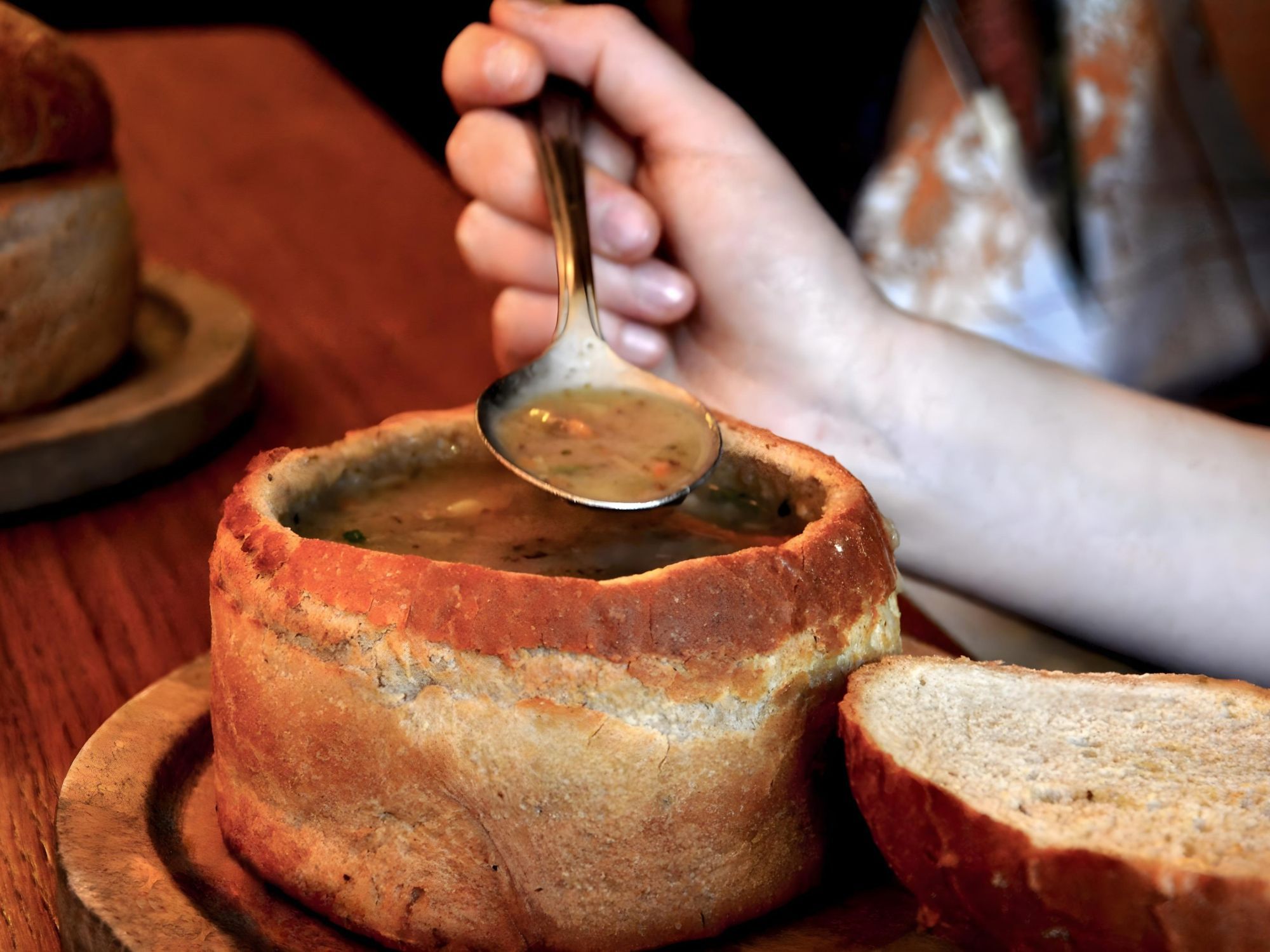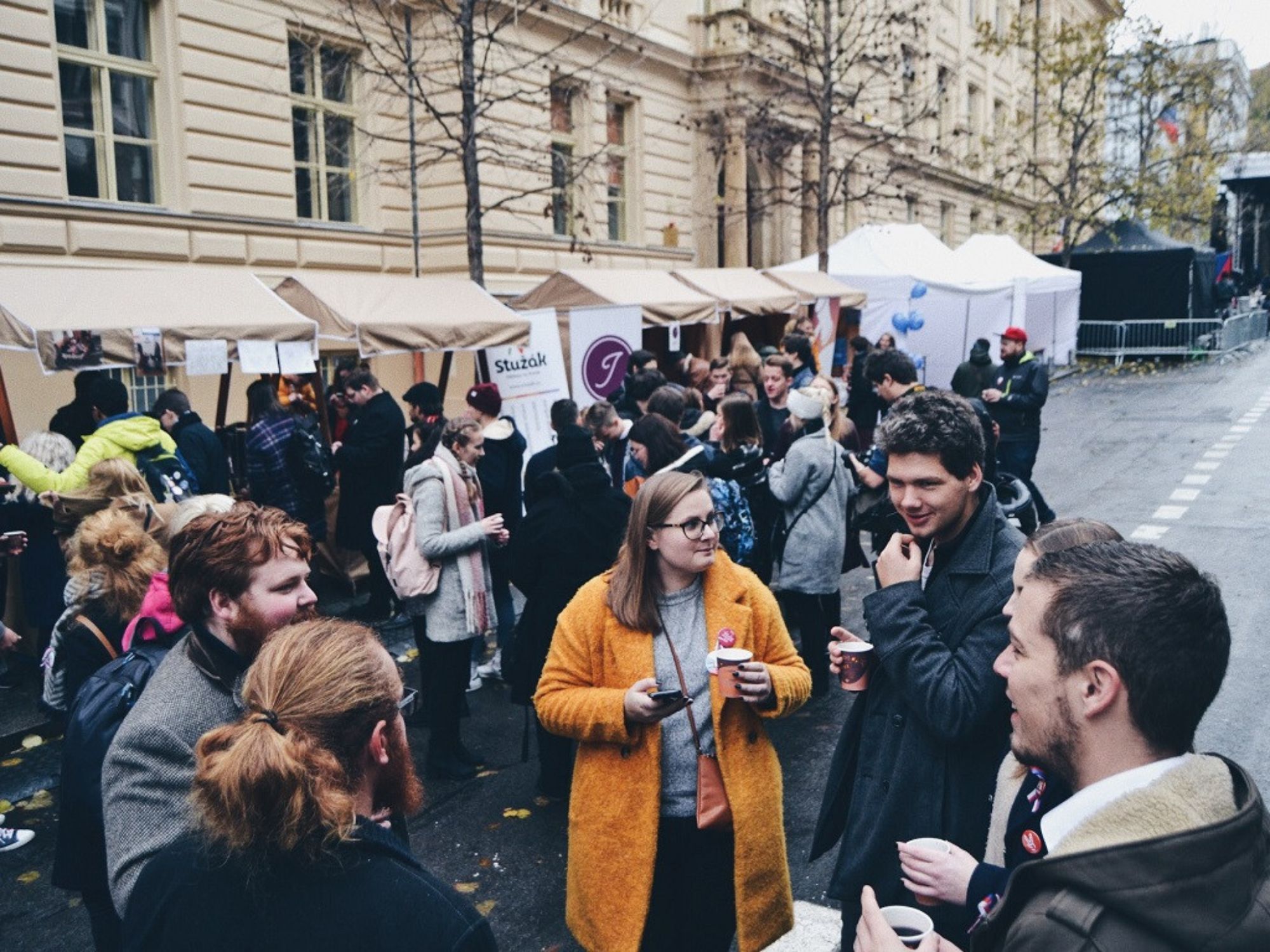Prague
Cultural Differences Every International Student Should Know Before Coming to the Czech Republic
JohnDoe

Moving to a new country for studies can be both exciting and overwhelming. As international students arrive in the Czech Republic, they may encounter some cultural differences that require adjustment. Understanding these differences will help students not only navigate their new environment more easily but also integrate smoothly into Czech society.
Here are some key cultural differences international students should be aware of:
Directness: Czech people tend to be straightforward in their communication. While this may come off as blunt, it’s not meant to be rude. Czech culture values honesty and clarity, so don’t take it personally if someone is very direct.
Small Talk: Unlike some cultures where casual conversation (small talk) is a norm, in the Czech Republic, people typically get straight to the point. International students may find it surprising that conversations are often focused on matters at hand, rather than personal inquiries.
Respect for Privacy: Czech people generally value personal space and privacy, so asking too many personal questions or being overly familiar can be seen as intrusive.

Traditional Meals: Czech cuisine is hearty and often based around meat, potatoes, and soups. Popular dishes include svíčková (marinated beef with cream sauce) and goulash. International students might need some time to adjust to the heavy, rich flavors.
Bread and Beer: Czechs are known for their love of bread and beer. Beer is a significant part of social life, and the Czech Republic boasts some of the world’s best breweries, so students should not miss out on trying local varieties like Pilsner and Budvar.
Meals are Important: Lunch is often the main meal of the day, and students may notice that people take a more relaxed approach to mealtimes compared to some other countries, with long breaks for lunch and dinner.
Punctuality: Being on time is highly valued in the Czech Republic, both for personal and professional meetings. International students should make it a habit to arrive on time to avoid being seen as disrespectful or inconsiderate.
Queuing: Czechs are generally very orderly when it comes to standing in line (queuing), whether it's at a bus stop or in a store. Cutting in line or pushing ahead is considered rude and disrespectful.
Public Behavior: Public displays of affection are relatively uncommon in the Czech Republic compared to some other cultures. Holding hands or kissing in public might draw attention, but Czechs tend to keep their romantic interactions more private.

Initial Reserve: While Czechs are friendly, they may come across as reserved or shy at first, especially with strangers. It may take time for international students to build strong friendships, but once a connection is made, Czechs are loyal and close-knit friends.
Drinking Culture: Socializing often involves drinking, particularly beer. Going out for a drink after work or school is a common way to unwind. However, students should be mindful of drinking in moderation, as excessive drinking is not always seen in a positive light.
Equality in Education: In the Czech education system, students are expected to participate actively and engage with professors. The relationship between professors and students is relatively informal compared to other countries, but respect for the professor’s knowledge is still crucial.
Government and Law Respect: Czechs generally have a high level of respect for their legal system and government. Students should adhere to local laws and regulations, such as those related to alcohol consumption, public behavior, and transportation.
Respect for Free Time: The Czech Republic places a high value on work-life balance. While work is important, people also enjoy their leisure time. Students will find that many shops and businesses close on Sundays, and public holidays are observed.
Outdoor Activities: Czechs enjoy spending time outdoors, whether it’s hiking, skiing, or simply relaxing in one of the country’s many parks. International students may want to take advantage of these opportunities to enjoy Czech nature and relax.

Sustainability: The Czech Republic is highly environmentally conscious. Many Czechs practice recycling, use public transportation, and try to live sustainably. International students should follow suit by separating waste and using energy-efficient methods when possible.
Public Transportation Etiquette: In public transport, it's common to wait for people to exit before boarding, and it’s polite to offer seats to the elderly or pregnant women. Understanding these small but significant cultural norms will enhance the experience of using public transportation.
Adapting to life in a new country involves understanding and respecting local customs and cultural nuances. International students in the Czech Republic will find a welcoming environment where, with time, they can comfortably adjust to the differences in communication, food, and social practices. Being open-minded and willing to learn about Czech culture will enrich the student experience and foster meaningful relationships with locals.
Latest Blogs in Czech Republic
From the moment you decide to pursue your education in the Czech Republic, you're not just another applicant; you're a part of our community. So why wait? Reach out to Ahoy Consulting today and take the first step towards an unforgettable academic journey in the Czech Republic.
